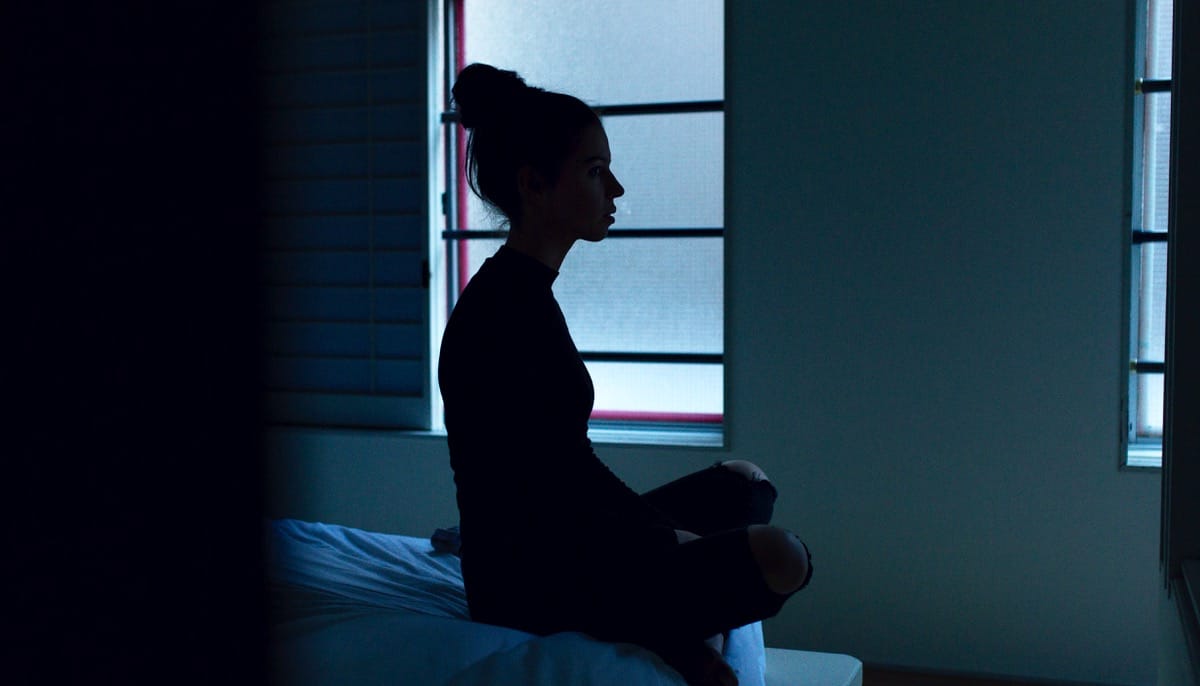After a recent mass shooting, I received a question from a meditator: “How are we supposed to practice meditation and feel peaceful while there is so much violence and suffering?”
How does one sit with painful realities? How do we maintain equanimity in such times? How do we practice meditation “properly” in the face of horror?
As I see it, meditation is an everyday experiment in how to act throughout our lives. So, the question of how to meditate properly also raises the question: What does it mean to live “properly,” especially when horrible things happen?
Some think “proper” meditation practice is keeping your mind from thinking and feeling. How do I make the noise in my head go away? How can I make this pain stop? In my meditation tradition, we are taught that it is neither good nor bad to desire that kind of peace. But we’re encouraged to ask ourselves: If we achieve that peace, then what? Do we just sit around feeling peaceful forever?
Wanting peace for its own sake is like wanting a parking spot for its own sake. Once you get it, then what? Do you just sit in your car? Or did you have a purpose for parking here? Once you find peace, do you just sit there feeling peaceful? Or is there a reason to park yourself in a peaceful place?
The purpose of Zen meditation, we are taught, is not to attain peace (which comes and goes) but to understand ourselves. When we ask what it means to practice or to live “properly,” what we are really asking is: What am I? What is my relationship to the world? What can I do?
Our minds tell lots of stories about the world and about ourselves. Some of the stories cause pain. When we notice our painful stories, we might invent new stories to make ourselves happy. The problem is that none of the stories are true. Buddhism teaches that, when we’re guided by our mental stories, instead of by the world itself, we’re living in delusion. In seeking out better stories, we’re really just seeking the best delusion.
We might ask ourselves about the “terrible” people who commit wrongdoing, stirring up new stories and initiating a cycle of more storytelling. We know, inside, that none of the stories are really true, so we keep looking for a better one. We react to these stories as if they are true and end up doing battle with our own delusions. We fire weapons of fear and anger at illusory targets, and we risk injuring people in the real world.
But there’s something beneath those stories. It’s called not-knowing mind. Not-knowing mind is like a shiny ball that reflects things as they are, before judgments, opinions, and stories. It’s the mind that responds to things as they are, rather than reacting to the stories we construct about things. It’s a mind that sees suffering and says, “I will try to help,” without entertaining the distractions.
Many longtime meditators come to see that their thoughts cannot possibly encapsulate the wholeness of life. So, they cut through the cycle of delusion by continually returning to not-knowing mind. This mind doesn’t suppress our worried thoughts. It sees them for what they are.
So, to meditate “properly,” with the pain of the world might mean to not grab on to thoughts about the pain of the world, nor to push them away. Instead, we return over and over to the Big Question that all these thoughts are trying to answer: What is my relationship to the suffering of the world? No single answer can contain the truth of this question, so our practice, again and again, is to return to not-knowing.
Slowly, but surely, the deep pain of stories we tell ourselves can begin to dissolve, like thought-smoke being blown away. When the smoke is gone, you finally directly experience the heat from which the smoke arises: your love and compassion. They are very powerful and, sometimes, very painful.
We generally try to avoid this heat with our stories, but if we can sit with it, resting in not-knowing, eventually love and compassion move us. We find a way — perhaps without even knowing it — to relate lovingly and helpfully to the suffering of the world.
In fact, a deep wisdom resides before all the stories arise, and it already knows what to do in each moment. The trick, from a meditator’s perspective, is not to cover over that intuitive knowing. Moment by moment, we return to not knowing, to take care of the business at hand. We allow ourselves to not know, to see and hear the world’s suffering, and to be with it. When we see clearly, acting clearly appears by itself.
At that point, the function of inner peace as well as practicing and living “properly” become perfectly clear: How can I help?

